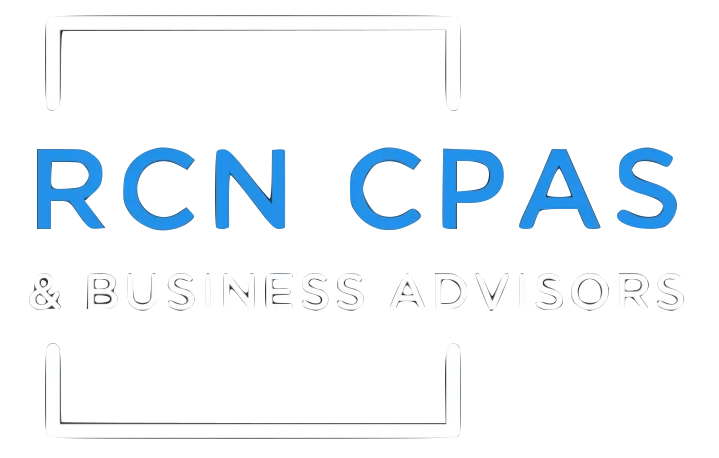How to Protect Your Financial Data: A Guide for Small Business Owners
As a small business owner, you rely heavily on technology to streamline operations, manage your finances, and connect with customers. While this offers many benefits, it also presents a significant challenge: protecting your financial data from potential threats. Data breaches, cyberattacks, and identity theft are real concerns for many small business owners such as you, and the consequences can be devastating.
That’s why it’s important to take steps to safeguard your financial data.
Here are some practical tips:
- Implement Strong Passwords and Authentication
Passwords are often the first line of defense against unauthorized access to your financial data. Ensure that you and your employees use strong, unique passwords for all accounts and regularly update them. Consider using a password manager to securely store and generate complex passwords.
For enhanced security, we strongly recommend implementing multi-factor authentication (MFA) wherever possible. MFA adds an extra layer of security by requiring a second form of verification, such as a one-time code sent to your smartphone, in addition to your password.
- Educate Your Team
Your employees play a vital role in data security. Provide regular training and awareness programs to educate your team about the importance of security practices, such as identifying phishing emails, recognizing social engineering attempts, and following best practices for data protection.
- Secure Your Network
To secure your network, use a strong firewall and ensure that your Wi-Fi network is encrypted and password-protected. Regularly update your router’s firmware and change the default login credentials to prevent unauthorized access.
If you host clients and business partners, consider setting up a separate guest network for them to keep your business network isolated from potential threats.
- Regular Software Updates
Operating systems, software, and applications should be regularly updated to patch vulnerabilities.
Enable automatic updates whenever possible to ensure your systems are up to date.
- Data Encryption
Encrypt sensitive financial data, both in transit and at rest. Encryption protects your data by converting it into a code that’s difficult for unauthorized users to decipher. Use encryption tools for email communication and ensure your financial databases are encrypted as well.
- Back-Up Your Data
Frequent data backups are crucial in case of data loss due to cyberattacks or hardware failures. Back up your financial data to secure, offsite locations and test your backups regularly to ensure they can be restored when needed.
- Limit Access
Only provide access to financial data to employees who require it to perform their job responsibilities. Implement a least-privilege access policy, which means employees should only have access to the minimum data and resources necessary for their tasks.
- Implement a Data Retention Policy
Develop and enforce a data retention policy that outlines how long you will retain financial records and when you will securely dispose of them. Properly disposing of sensitive data reduces the risk of data breaches.
- Invest in Cybersecurity Solutions
Consider investing in cybersecurity solutions like antivirus software, intrusion detection systems, and anti-malware tools to protect your systems from threats. Regularly update and maintain these tools to ensure they are effective.
- Monitor Your Accounts
Regularly monitor your financial accounts for any unusual or unauthorized activity. Early detection of suspicious transactions can help prevent or mitigate financial losses.
- Create an Incident Response Plan
Develop an incident response plan that outlines how your business will react in the event of a data breach or security incident. This plan should include steps to contain the breach, notify affected parties, and work with law enforcement and cybersecurity experts.
While no system can be completely immune to threats, taking these steps can significantly reduce the risk of a data breach and its potential consequences, helping your business thrive with confidence in the digital age.





